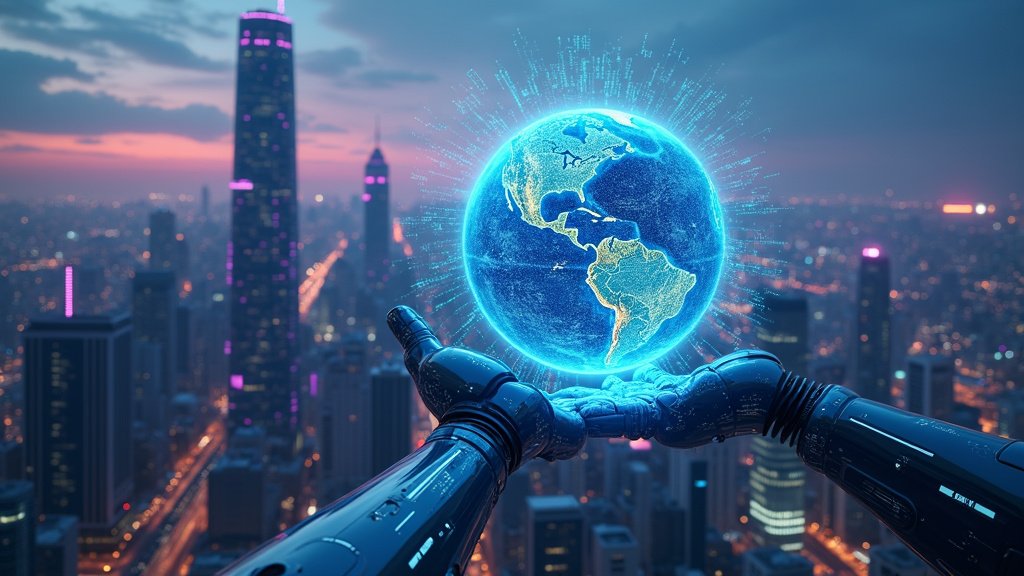In a significant diplomatic maneuver, President Donald Trump announced on August 23, 2025, his intention to nominate Sergio Gor, a close political aide and Director of the White House Presidential Personnel Office, as the next United States Ambassador to India. The appointment, which also designates Gor as Special Envoy for South and Central Asian Affairs, arrives at a critical juncture marked by deepening trade disputes and strained relations between Washington and New Delhi.
Sergio Gor: A Trusted Confidant at the Helm
At 38 years old, Sergio Gor brings a strong record of loyalty and operational expertise within the Trump administration to this pivotal diplomatic post. As Director of the Presidential Personnel Office, Gor has been instrumental in staffing federal agencies, overseeing the placement of thousands of appointees described as “America First Patriots.” His career trajectory includes extensive work on Trump’s presidential campaigns, managing his publishing ventures, and leading a prominent pro-Trump Super PAC. President Trump lauded Gor as a “great friend” and a trusted confidant, stating in a Truth Social post that “For the most populous Region in the World, it is important that I have someone I can fully trust to deliver on my Agenda and help us, MAKE AMERICA GREAT AGAIN!” Gor, who was born in Tashkent, Uzbekistan, and later moved to the United States, has also been noted for his role in conservative political circles, previously working with figures like Senator Rand Paul.
Navigating a Diplomatic Minefield: Tariffs and Trade Disputes
The nomination occurs against a backdrop of escalating diplomatic and economic friction between the U.S. and India. Relations have soured significantly following the Trump administration’s imposition of substantial tariffs on Indian goods. Initially set at 25%, these tariffs were slated to double to 50% from August 27, 2025, a move largely attributed to India’s continued imports of Russian oil. Indian officials have decried these measures as “unfair, unjustified and unreasonable,” asserting their nation’s strategic autonomy in energy policy and questioning the inconsistent application of tariffs compared to other trading partners like China and the European Union. The collapse of prior trade negotiations, where India resisted opening its agricultural sector, further complicates the relationship. These ongoing trade wars are among the most significant geopolitical happenings impacting the bilateral ties.
An Unprecedented Dual Mandate: Ambassador and Special Envoy
Perhaps the most distinctive aspect of Gor’s nomination is the combination of his role as Ambassador to India with that of Special Envoy for South and Central Asian Affairs. This dual responsibility, unprecedented for an ambassador in India, signifies a potential consolidation of U.S. diplomatic focus on the region. It grants Gor oversight of U.S. relations with countries including Pakistan, Afghanistan, and Bangladesh. While some proponents suggest this signals a renewed, urgent focus on India and its regional significance, many in Indian diplomatic circles and among foreign policy experts have expressed unease. Concerns have been raised that this broad mandate could lead to the “re-hyphenation” of India and Pakistan in U.S. policy, a move India has historically resisted. Analysts are closely watching how this appointment will shape the trending geopolitical dynamics in South and Central Asia, potentially reducing India’s standing from a global partner to merely a regional player in the eyes of Washington.
Implications and Expectations: Loyalty Versus Expertise
Gor’s appointment is seen by many as a testament to President Trump’s preference for loyalty and direct access in diplomatic appointments. His supporters argue that his close relationship with the President will provide the U.S. with exclusive and immediate access to the highest levels of decision-making in Washington, which could be beneficial in resolving contentious issues. This direct line is considered particularly vital given the current diplomatic chill and the vacant ambassadorial post since January 2025. However, critics point to Gor’s limited background in foreign policy and South Asian affairs, contrasting him with previous envoys known for their deep regional expertise. The appointment sparks a debate about whether political loyalty or seasoned diplomatic experience is more critical for navigating complex international relationships, especially in a region vital to U.S. strategic interests.
The Path Forward: Senate Confirmation and Future Relations
Sergio Gor’s nomination now awaits confirmation by the U.S. Senate. Until then, he will continue his duties as Director of the Presidential Personnel Office. His confirmation process is expected to be closely scrutinized, particularly given the sensitive state of U.S.-India relations and the broad scope of his proposed responsibilities. The challenges ahead for Gor are substantial: mending trade disputes, recalibrating strategic partnerships amid shifting regional alliances, and managing a relationship that has become increasingly transactional. His success or failure could significantly shape the future of U.S. engagement in South and Central Asia.





